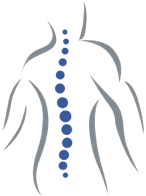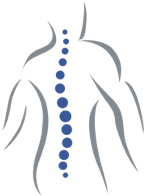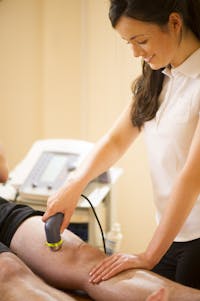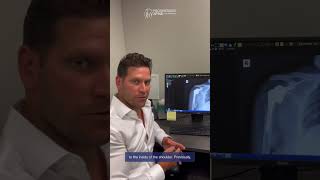Athletes, professional or amateur, put their bodies through far more than the average person. Unfortunately, high-level physical activities, impacts, and motions can lead to a multitude of injuries that can limit movement and produce intense pain. Dr. David Porter is a leading orthopedic surgeon focusing on sports medicine in New Jersey and is often called upon to treat professional and amateur athletes who have suffered an injury.
Is it beneficial to warm up and cool down before and after sports?
It is beneficial to warm up and cool down to help improve performance and prevent injuries. Warming up before you play increases your circulation, which increases the flow of oxygen in your blood and causes more oxygen to reach your muscles. Warming up helps to prepare your heart, lungs, and muscles for strenuous exercise and may help reduce muscle soreness and decrease the risk of injury. Cooling down after your workout helps to regulate the heart rate, blood pressure, and blood flow.
Should I stretch before playing sports?
Intentional stretching before a workout is an important part of preparing to play. Stretching helps to prepare your muscles, tendons, ligaments, joints and other tissues loosened up and prepared for strenuous exercise.
What should I do if I feel pain or suspect an injury?
Do not continue to play or exercise. Rest the part of your body that is causing pain or that you think may be injured. Apply an icepack or cold compress over the area. Continue this four to eight times a day for no more than 20 minutes at a time. You can also support the injured part of your body with an elastic compression bandage.
Is there anything I can do to prevent sports injuries?
You can help prevent sports injuries by increasing flexibility with proper stretching before you work out, warming up before you play, and doing a proper cool down afterward, using proper equipment to protect yourself during activity, and staying well hydrated, which helps reduce muscle fatigue that can lead to injury.
Can I walk on a sprained knee?
It’s important not to put weight on the knee for 48 to 72 hours, or possibly longer, as this may cause increased pain and swelling. Resting the ligaments, muscles, and tendons gives the knee time to heal. You can use crutches to help keep the weight off the knee for about a week. Once the swelling begins to subside, you will be better able to walk with a knee brace.













